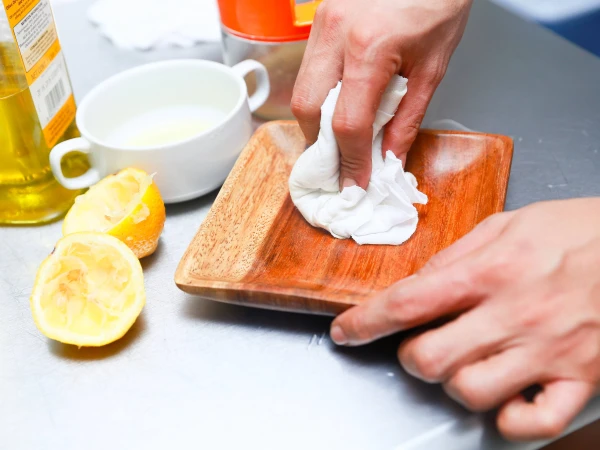
Is love chemistry? An endocrinologist explains the physiological basis of romantic feelings.
The state of being in love is one of the strongest manifestations of human emotionality. How can this state be explained from a scientific perspective? Which hormones are responsible for the emergence of feelings? Do these processes differ between men and women? How does being in love affect health? – These and other questions were answered by Yulia Sidorkina, an endocrinologist and dietitian.
How can love be explained from the perspective of endocrinology?
How often have you heard the expression that "love is chemistry"? During the period of infatuation, certain biologically active substances (neurotransmitters and hormones) are produced in the brain and endocrine glands. The term "hormone" comes from the Greek "HORMAO" — "to excite", "to urge into action". The state of being in love influences not only the formation of feelings and attachment but also the state of the body as a whole.
What chemical compounds are responsible for the development of infatuation?
Dopamine creates a feeling of joy, stimulates libido, and activates the brain's reward system. The production of dopamine increases when goals are achieved, which is always present in love.
Endorphins create a state of euphoria, a sense of satisfaction from relationships, and can reduce stress levels and pain sensations.
Serotonin – the hormone of happiness and stress resilience. It creates a sense of recognition and respect.
Oxytocin – known as the "bonding hormone". The production of this hormone increases with touch, hugs, and kisses. It creates a feeling of comfort, safety, and trust in a partner.
Vasopressin – similar to oxytocin in its effects. It is responsible for maintaining the feeling of love over a long period, contributes to the formation of strong emotional attachment, as well as jealousy, especially in men.
Male and female sex hormones (estrogens and testosterone). They determine sexual behavior, libido, and physiological aspects of relationships. A decrease in sex hormone levels is one of the main reasons for reduced libido.
Are there differences between male and female infatuation in terms of hormone production?
In general, infatuation in men and women has similar features regarding hormone synthesis. However, in the formation of attachment, men will predominantly produce vasopressin, while women will produce oxytocin. In men, testosterone mainly governs sexual attraction, while in women, it is estrogens. The level of testosterone also affects impulsivity in men.
Are there people who are physiologically incapable of experiencing love?
Some people may have difficulties experiencing various feelings and emotions, but complete inability to love is rare.
Damage to the hypothalamic-pituitary system disrupts the production of neurohormones and pituitary hormones. Damage can occur as a result of surgical treatment and radiation therapy in the hypothalamic-pituitary area, due to toxic effects, vascular disorders, or massive blood loss. One manifestation of neurodegenerative diseases can be emotional disturbances.
What impact does being in love have on overall health?
In a state of being in love, cortisol levels – the stress hormone – may decrease, contributing to a temporary reduction in anxiety.
Healthy relationships improve the functioning of the cardiovascular system and reduce the risk of cardiovascular diseases. Being in love contributes to the formation of new neural connections and improves immune system function.
Since oxytocin helps cope with feelings of anxiety, it can influence hunger and appetite in people prone to "stress eating". Overall, the positive emotional background, accompanied by a sense of calm, attachment, and elevated mood, reduces the tendency for compulsive overeating and, consequently, weight gain.
Additionally, dopamine increases motivation; those in love are more likely to pay attention to their health and lifestyle, wanting to remain attractive.













